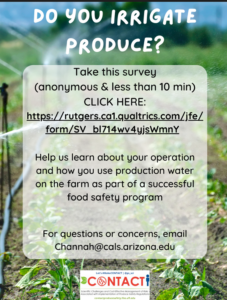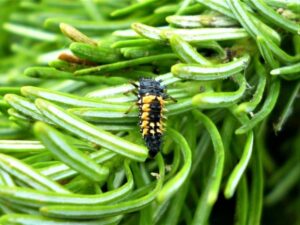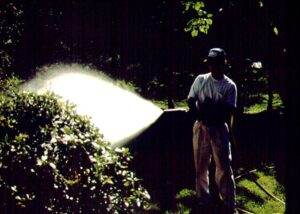Print copies of the 2023/2024 New Jersey Tree Fruit Production Guides are available at your local Cooperative Extension Offices for $25 per copy.
The guides will soon be available for FREE online. Once they are available online the announcement will be made on the Rutgers Plant and Pest Advisory.
If you have any trouble obtaining a guide from your local office please contact: Kim Crommelin: kfrey@co.hunterdon.nj.us or 908-788-1338.



